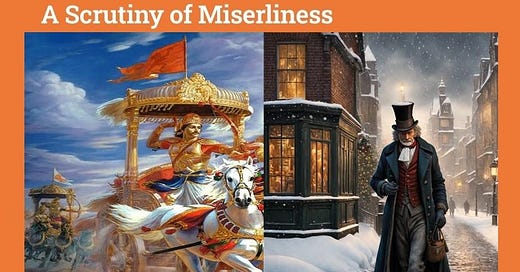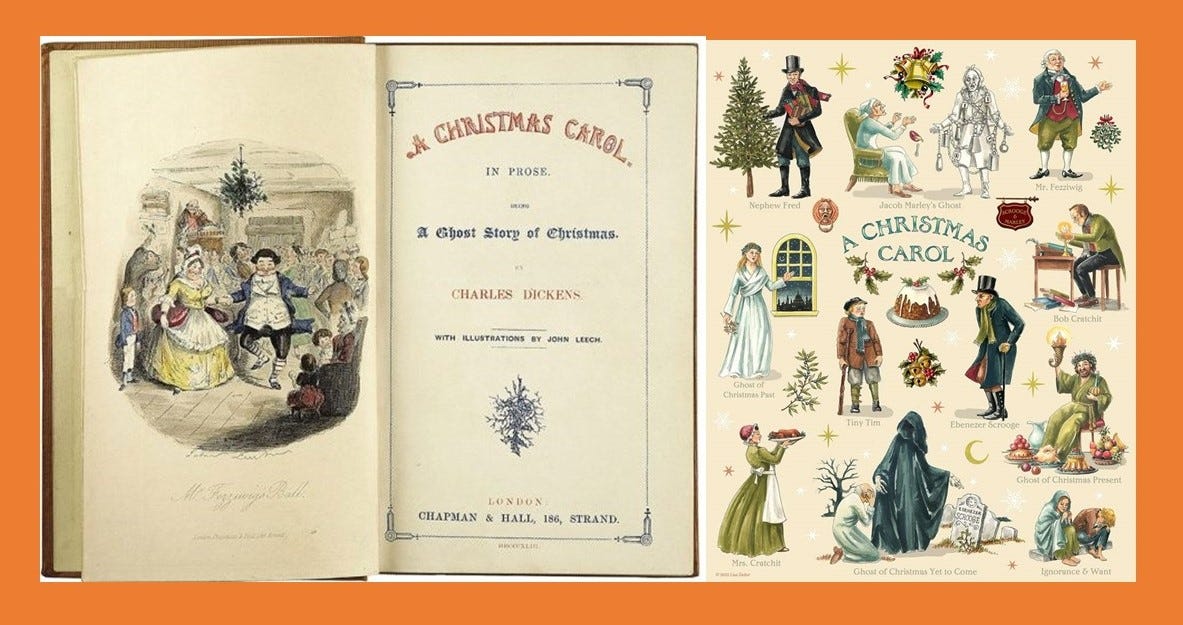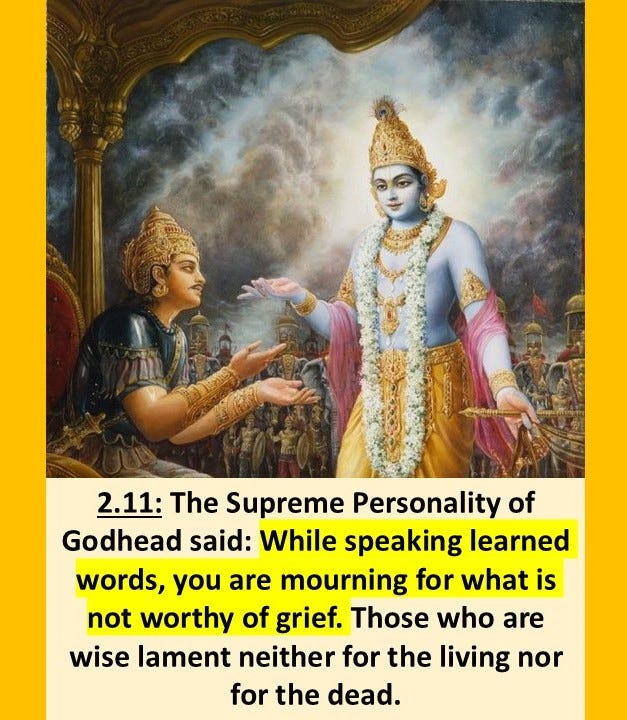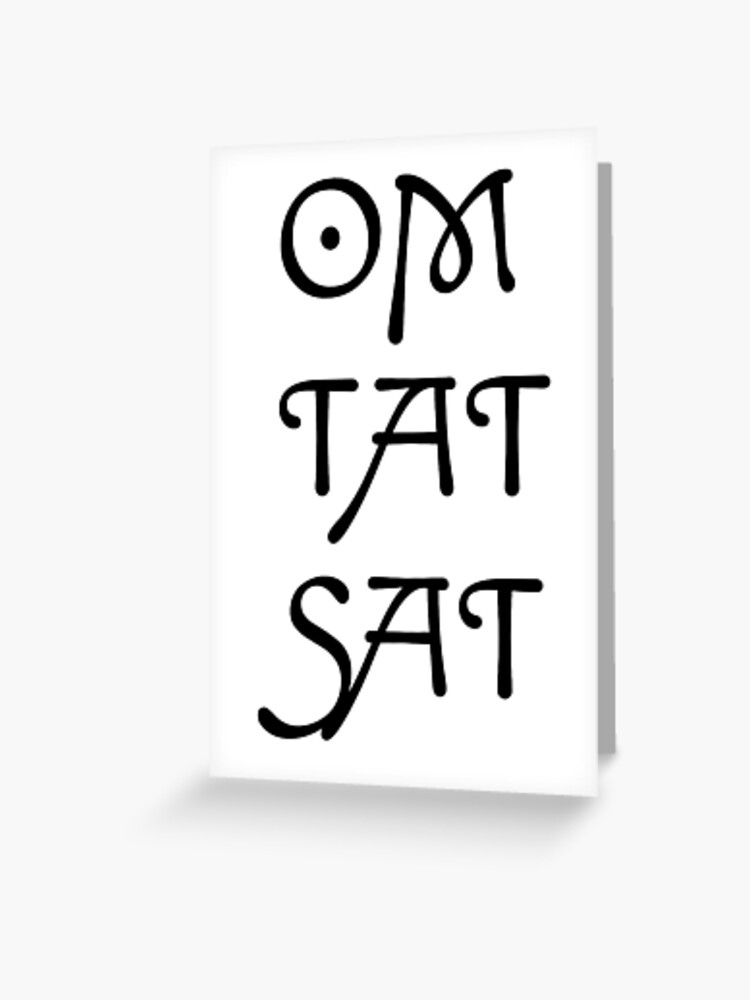Ebenezer Scrooge
A Christmas Carol- the famous novella written by Charles Dickens is a hauntingly beautiful tale of the transformative journey of a cold, curmudgeon, callous old fellow by the name of Ebenezer Scrooge. Dickens uses his characteristic flair for humor, tragedy, and sarcasm to vividly describe Ebenezer Scrooge as an extremely stingy, penny-pinching, and incredibly hostile old man, who gradually built up a reputation for being especially grouchy and grinchy during Christmas.
Ebenezer Scrooge was very much averse to parting with his money, and especially loathed Christmas when charity, gifts, and generosity prevail everywhere. He was expected to assist the needy, give bonuses, feed the hungry, bring health to the sick, and overall contribute in an altruistic spirit to bring joy to people. This spirit of Christmas bothered him, and he stoutly refused to live up to society’s expectations for contributions and donations. Therefore, he despised Christmas and everything it entailed- the merriment, the kindness, the acts of goodwill—all of it.
A Christmas carol went on to become an enormously popular household tale, and the name Scrooge since became synonymous with the word ‘miserly’. This type of stingy, unkind behavior is the popular, very obvious understanding of a miserly person whose actions are undeniably condemnable.
Arjuna
During the battle of the Mahabharata, when Arjuna sees many of his kinsmen standing opposite him on the battlefield prepared to fight, he becomes perplexed at the thought of killing them and refuses to fight. At that time, Arjuna uses this word ‘miserly’ to describe himself in a very significant verse of Bhagvad Gita. This is the exact moment when Arjuna, sensing flaws in his plans, submits to Krishna, the Supreme Lord, for direction and guidance.
Arjuna, a kind-hearted devotee, full of compassion, forgiveness, tolerance and love for his kinsmen- pronouncing himself miserly is quite astonishing. It is often hard to comprehend the meaning of this word in context. His actions and words are quite praiseworthy and seemingly charitable. After all, he is trying to protect his family and society from an unnecessary war, saving the world from a carnage that would lead to incomprehensible loss of life, property, values, and traditions.
How can Scrooge and Arjuna both be miserly?
One clearly lacks compassion for others, while the other is remarkably caring and considerate.
Scrooge never showed any concern for his loyal clerk, Mr. Bob Cratchit, and his family, who worked long hours on minimal wages. He would treat Cratchit very poorly, often denying him coal to light a fire in the chilly winters. His family struggled without any money for food and no means to pay for the treatment that his crippled son Tiny Tim needed.
Such a stingy, cheapskate person who sees others struggle while possessing all the means to support and provide necessary help, health and happiness has most definitely earned the title of ‘Miserly’.
Yet, Arjuna does not fit the obvious picture of miserliness as Scrooge does. Arjuna is a great warrior prince, the hero of the Mahabharata, the dearmost friend of Krishna, a devotee possessing the topmost, divine qualities, someone ready to sacrifice his own life for the welfare of others. He is willing to forsake the war and refuse to enjoy the kingdom at the cost of others’ lives. He claims himself to be a ‘miser’. This is quite inconceivable.
Ebenezer Scrooge- Blatantly Selfish versus Arjuna- Subtly Miser.
Is Arjuna’s selfless act of shunning the war and sparing thousands of lives on the battlefield somehow self-centered?
Even though one can readily appreciate the brazen self-centered behavior of Scrooge and find it easy to condemn, one will find Arjuna’s so-called sacrifice, compassion, and detachment almost noble, perhaps a quality worth imbibing and adopting.
Yet, Krishna recognized the fallacy of Arjuna’s attitude- and the hidden, subtle miserliness in this behavior. His apparent selflessness reeks of selfish, miserly behavior to a learned spiritualist trained in seeing beneath the evident layers of so-called good intentions, material emotions, and a martyr-like mentality.
Krishna rebukes Arjuna for the wrong application of spiritual science, where he appears to speak quite nobly, ostensibly acting like a learned, compassionate man. Arjuna’s seemingly altruistic, magnanimous, and virtuous attitude does not fool Krishna, as it does an ordinary person like us.
Karpanya DOSH
Arjuna calls his miserly weakness- ‘Karpanya Dosh’. Krpaan is the Sanskrit word for ‘miser’ and Karpanya refers to ‘miserly behavior’. Being a student of this supreme, sublime spiritual science, I will attempt to peel the layers of Arjuna’s misdirected virtues and prove his behavior miserly on a spiritual platform.
Unarguably, when someone just serves their own bodily needs, it is considered selfish, but by the same understanding, when someone acts only for the bodily benefit of their extended attachments like family, society, and country, while harming or neglecting the rest, is also condemnable. Any extended bodily gratification that disproportionately serves only the needs of one’s body and its relations is not very magnanimous.
Further extension of this understanding is that when one only thinks of the immediate, bodily benefit of oneself, relatives, friends, society, and country while disproportionately neglecting the long-term, spiritual benefit of these people and the world, it is neither a very gratuitous act nor a very gracious person. Especially if that person is fully equipped with the knowledge of the spiritual science and knows ‘the greatest welfare’ for all.
THE GREATEST WELFARE
Arjuna, a trained spiritualist and an authority on the higher truths and ultimate reality, is expected to uphold spiritual welfare and religious principles with the utmost regard. As a representative of divinity, his foremost duty is to establish the kingdom according to the vision of the Lord and not get distracted by the mere, immediate bodily well-being. This seemingly gracious act of forsaking the war or kingdom is in reality the abandonment of actual and highest spiritual welfare, thus it is dangerous to all involved and is thereby condemned as selfish and miserly.
These are the doubts/ excuses Arjuna presented to Krishna when declaring his decision not to fight. Each arises from some aspect of his bodily existence and is misdirected due to the ignorance caused by the illusory effects of this material world.
SCROOGE - THE JOLLY GOOD FELLOW
‘Spirits of past, present, and future’
On the eve of Christmas, Ebenezer Scrooge is visited by the three spirits - the Ghost of Christmas Past, Present, and Yet to Come. One by one, they take him on a transformative journey through past Christmases, present Christmas Eve, and a chilling Christmas in the future, where he faces his own extremely unpleasant, terrifying fate. These spirits reveal to him the chilling consequences of his unpleasant actions in his own life and those of others.
He is shaken to the core upon seeing his own frightful fate and those of people around him if he continues down this path of insensitive, and miserly dealings. Thus, he sees the folly of his ways and implores the spirits for a chance of redemption. The next morning, he makes the life-changing decision to alter his destiny and that of the people around him by changing his actions. He transforms from a cruel, covetous, bad-tempered fellow to a generous, caring, jolly older man loved by his kith and kin.
ARJUNA- THE ENLIGHTENED WARRIOR
‘Vision of past, present, and future’
After rebuking Arjuna that this miserly weakness is not befitting a man of Arjuna’s caliber, Krishna elevates his vision through the knowledge about Supreme reality- the infinite, changeless reality, separate from material illusion, and worldly misconceptions. He reveals that the true well-being of society, the kingdom, the opposing army, and his own side will be ensured only when Arjuna performs this spiritual welfare act.
Krishna takes Arjuna on a journey of uplifting his consciousness from bodily to spiritual, from selfish to selfless, from short-term to long-term, and from this phenomenal world of delusion to the numinous world of higher truths. This he accomplishes through the song, called ‘Bhagavad Gita’, a dialogue wherein Arjuna assumes the role of an ordinary man inquiring the divinity about the meaning of life.
He has transformed from a warrior seeing things from a bodily platform to a spiritual seeker- a philosopher hankering to know the ultimate reality of souls’ existence, purpose, identity, entrapment, ignorance, and liberation. At the end of this dialogue, Arjuna is completely enlightened and understands his true identity, mission, and the Lord’s will with clarity and purpose. He becomes a man of action, with his desires perfectly aligned with the will of the Supreme. He understands that this warfare is the true benevolence expected from him, while neglecting the war will pose immense danger to the people, society, and the world in the big scheme of things.
Let us take shelter in this extraordinary wisdom and scrutinize our own miserliness through the lens of the Bhagavad Gita. This is the analysis of Ebenezer Scrooge vs Arjuna- a scrutiny of miserliness.














Wow ! Such a nice take on the age old classic ‘Christmas carol’ with the age old wisdom of the bhagavad Gita ! Very nice comparison.
Absolutely enlightening ! Love reading these concepts through the lens of Bhagavad Gita and your interpretations.